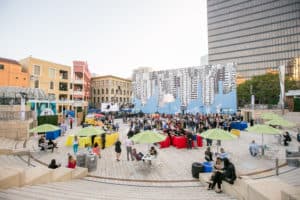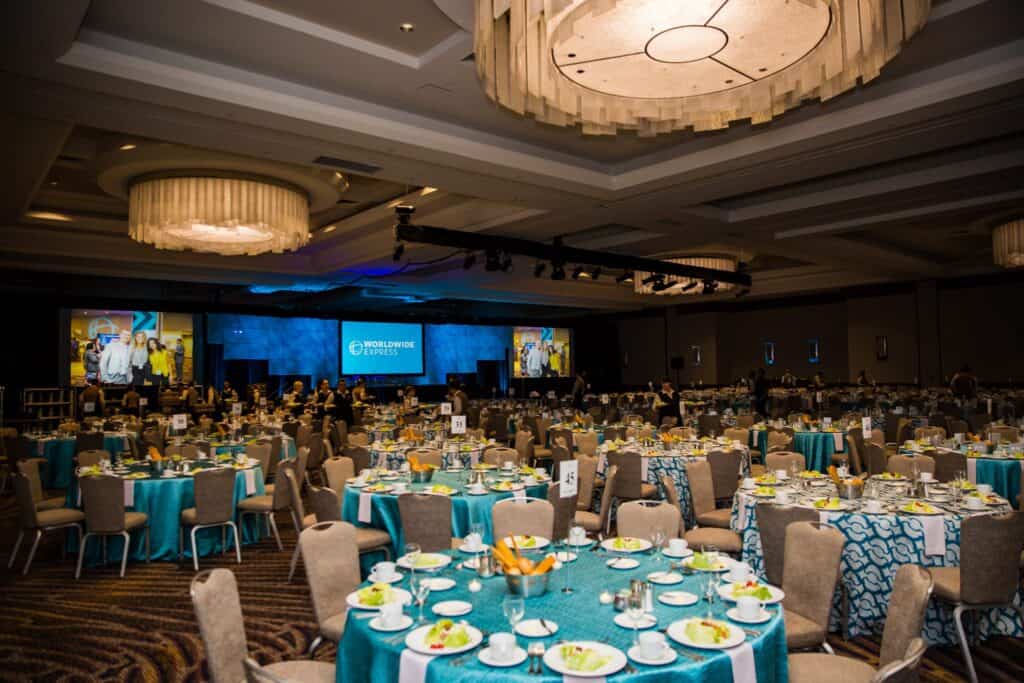If you’ve ever planned an event, large or small, you know far too well what it takes for that event to be a success. For meetings in the hundreds or thousands of attendees, the difficulty is multiplied exponentially and the margin for error is minuscule. According to the Events Industry Council, the agency which administers the CMP exam, the goal of the Certified Meeting Professional Program is to:
- Enhance the knowledge and performance of meeting professionals
- Promote the status and credibility of the meeting profession
- Advance uniform standards of practice
Today, the CMP credential is recognized globally as the badge of excellence in the meeting, convention, exhibition, and event industry. To qualify, candidates must have a minimum of 36 months of meeting management experience, recent employment in a meeting management job, and proof of continuing education credits. Those who qualify must then pass an exam that covers topics such as adult learning, financial management, facilities and services, logistics, and meeting programs.
At Vario, we have professionals on staff who have earned the coveted Certified Meeting Professional credential, which allows us to be a better resource for our meeting planner clients, Destination Management Companies (DMCs), as well as allows us to provide guidance and training to our internal staff, all in an effort to better serve our end client.
As a trusted resource and problem solver, a CMP utilizes their knowledge to help clients with their destination site selection needs, generating request for proposal (RFPs) and consolidating proposals from hotels, venues, and A/V partners, and helping with contract management and negotiation. additional duties can include:
- Meet with clients to understand the purpose of the meeting or event
- Plan the scope of the event, including time, location, and cost
- Solicit bids from venues and service providers (for example, florists or photographers)
- Inspect venues to ensure that they meet the client’s requirements
- Coordinate event services such as rooms, transportation, and food service
- Monitor event activities to ensure the client and event attendees are satisfied
- Review event bills and approve payment
According to Truity, a leading site for personality testing and career placement advice:
Meeting, convention, and event planners also search for potential meeting sites, such as hotels and convention centers. They consider the lodging and services that the facility can provide, how easy it will be for people to get there, and the attractions that the surrounding area has to offer. More recently, planners also consider whether an online meeting can achieve the same objectives as a face-to-face meeting in certain cases.
Once a location is selected, planners arrange the meeting space and support services. For example, providing services such as wheelchair accessibility, interpreters, and other accommodations may be required. They may also negotiate contracts with suppliers to provide meals for attendees and coordinate plans with on-site staff. In addition, they organize speakers, entertainment, and activities. Meeting, convention, and event planners manage the finances of meetings and conventions within a budget set by their clients.
The following are examples of types of meeting, convention, and event planners:
Association planners organize annual conferences and trade shows for professional associations. Because member attendance is often voluntary, marketing the meeting’s value is an important aspect of their work.
Corporate planners organize internal business meetings and meetings between businesses.
Government meeting planners organize meetings for government officials and agencies. Being familiar with government regulations, such as procedures for buying materials and booking hotels, is vital to their work.
Convention service managers help organize major events, as employees of hotels and convention centers. They act as liaisons between the meeting facility and the planners who work for associations, businesses, and governments. They present food service options to outside planners, coordinate special requests, and suggest hotel services depending on a planner’s budget.
Event planners arrange the details of a variety of events, including weddings and large parties.
Non-profit event planners plan large events with the goal of raising donations for a charity or advocacy organization. Events may include banquets, charity races, and food drives.
Pharmaceutical meeting planners manage small to large scale events for pharmaceutical companies, ranging from trade shows to sales conferences to shareholder meetings. Our staff is HMCC certified to ensure that compliance standards are met.
The next time you have a meeting or event need, it would behoove you to employ the services of a Certified Meeting Professional. They will help save time, money, and you and your team from potential headaches!







